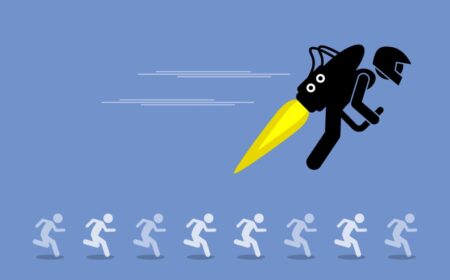Neanderthal DNA holds the genetic key to morning larks, scientists reveal
Researchers in the US identified genes linked to the preference for early waking in modern individuals

Scientists from the University of California have found that some people prefer to go to bed early and wake up early because of Neanderthal DNA.
The researchers emphasise that most of the genes that were formed due to the mating of our ancestors in prehistory disappeared during the process of evolution. However, the genes identified in the new study remained in larks. Such genes helped the first Homo sapiens adapt to new light conditions when they migrated from Africa to Eurasia 70,000 years ago.
Scientists have discovered that some modern humans and Neanderthals share the same genetic elements responsible for circadian rhythms (the timing of the biological clock). Comparison of these DNAs showed that it is the carriers of the same genetic mechanisms who prefer to live in the larks mode.
At the same time, the researchers emphasised that it is possible to be a lark without Neanderthal DNA: sometimes this is simply the body’s adaptation to seasonal fluctuations in light levels.









